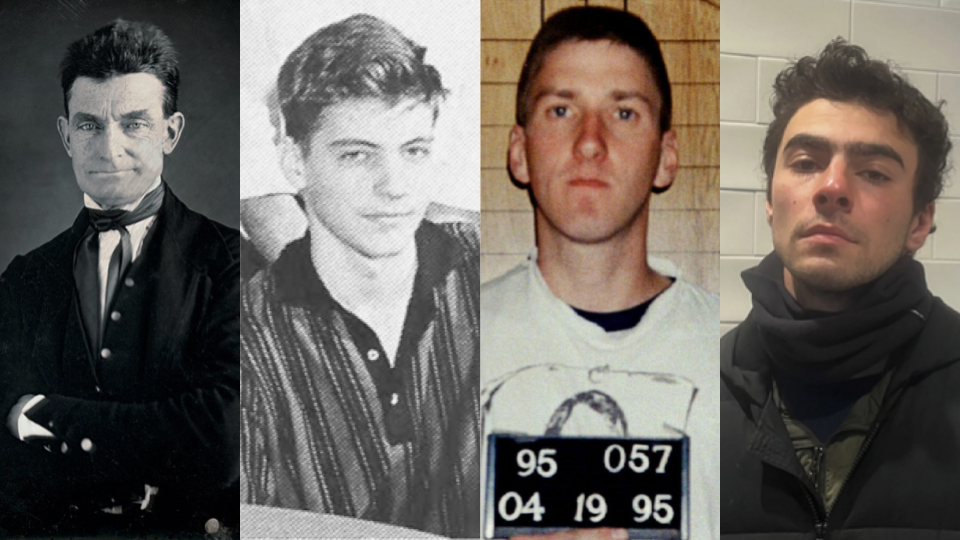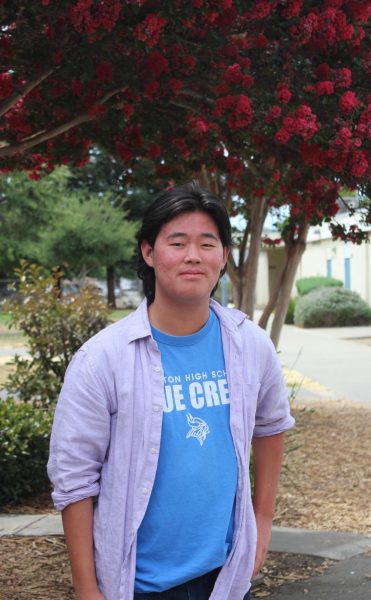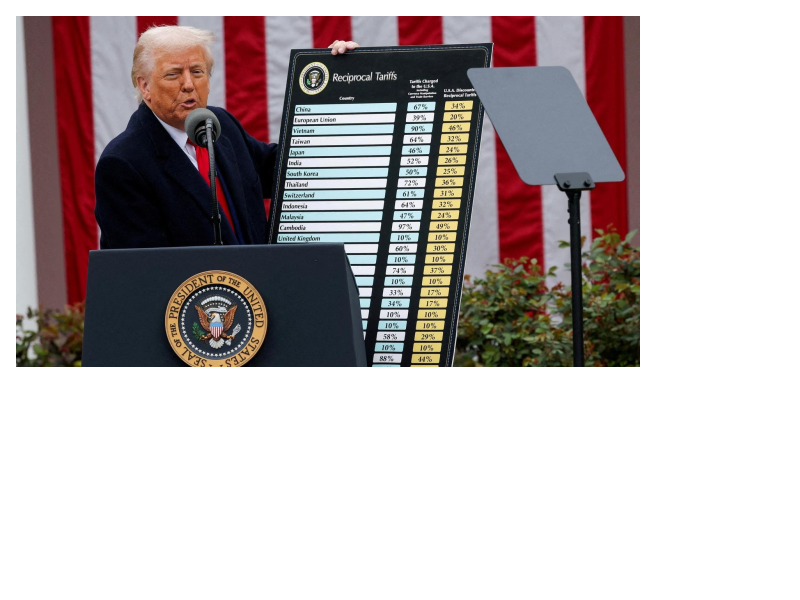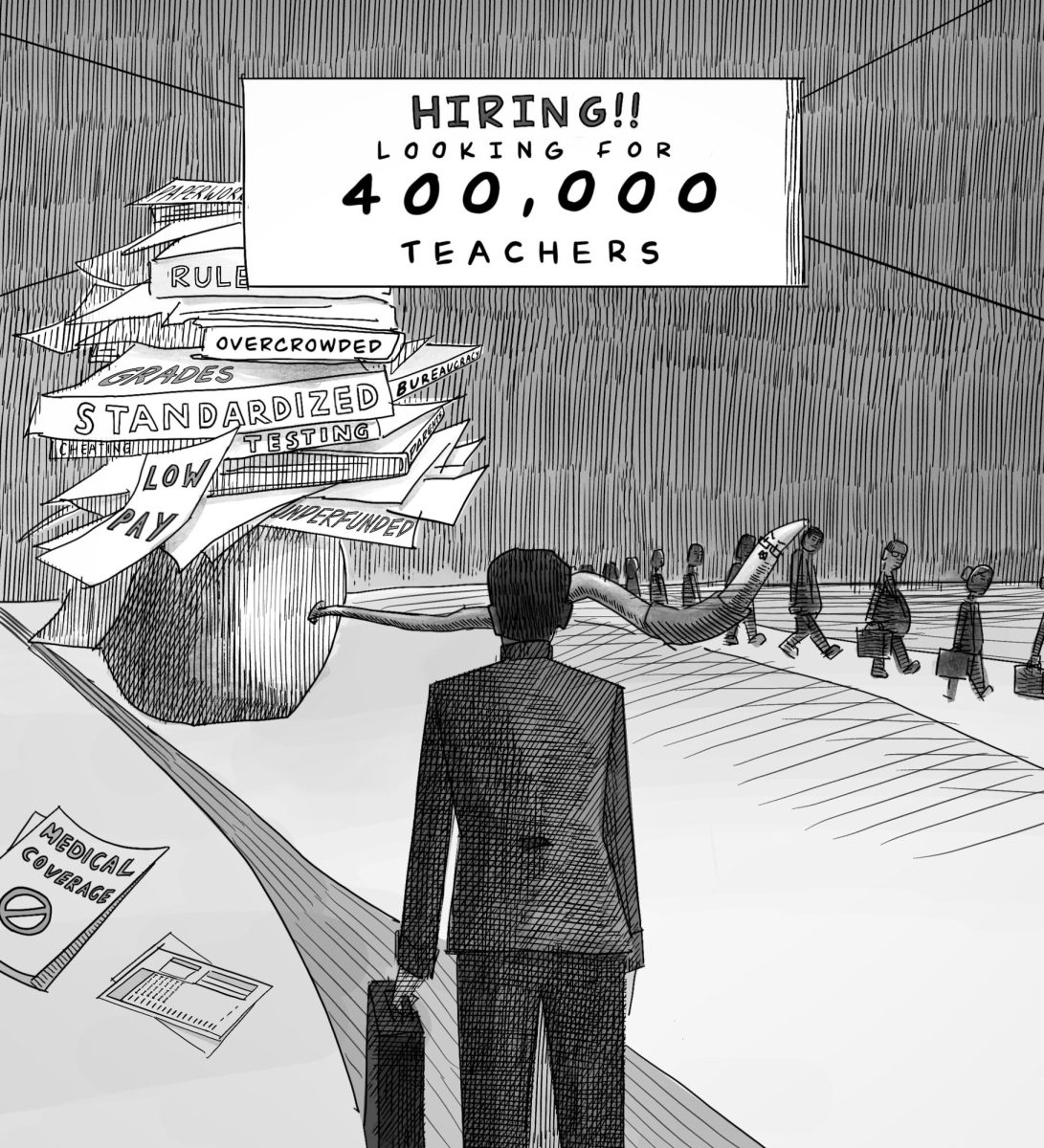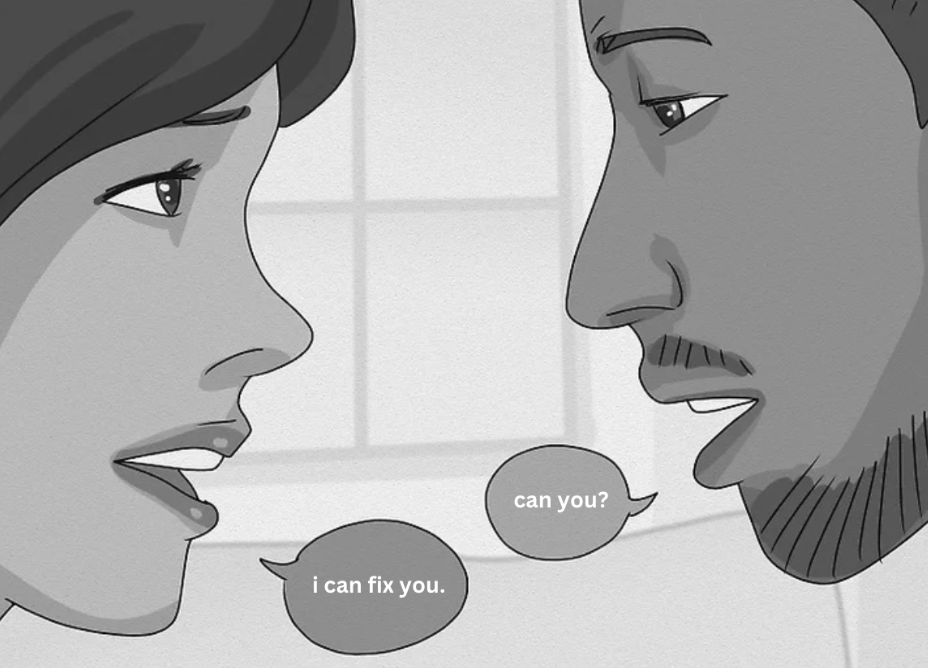Two assassination attempts. One CEO murder. And on New Year’s Day, two more incidents that basically amount to terrorism. Today’s America is an America of political violence.
Political violence in America has a long and storied history. Indeed, our democracy was founded in a violent revolution. The Civil War is an obvious example. In the preceding years, a vigilante named John Brown terrorized the Bleeding Kansas-Nebraska territory and raided an armory in the name of abolishing slavery. Throughout Reconstruction and the Jim Crow era, lynchings and race massacres targeted African Americans. Labor protests like the Haymarket Square Massacre in 1886 also contributed to this history. And more recently, domestic terrorists such as Timothy McVeigh (who blew up a federal building in Oklahoma City) and the Unabomber (who mailed bombs to airlines and universities) continued this trend.
Today’s vigilante violence is often inspired by and based in the past. Luigi Mangione gave the Unabomber Manifesto a four-star rating on his Goodreads. In a recent ProPublica article, a left-wing man named John Williams, who sympathized with John Brown, described infiltrating American militia groups.
In her 2023 article “The New Anarchy” for The Atlantic Monthly, Adrienne LaFrance recounts past periods of unimpeded political violence. In Italy, the “Years of Lead” lasted twenty years, a deadly period of anarchy. She compares present day militia movements to this period and the anarchy of the early 1900s (which was coincidentally perpetrated by another Luigi, Luigi Galleani). Her final argument is that due to a series of factors — access to weaponry, fragmented politics and information environment, and mistrust in government and institutions — the US is undergoing a period of decivilization, which is a type of democratic backsliding.
Since her article was published, this backsliding has only increased. Sure, people cheer for Luigi Mangione’s actions, and many anti-Trumpers lament that Matthew Crooks’ bullet missed Donald Trump. Other violent actors, such as the MAGA soldier who blew himself up in a Cybertruck on New Year’s Day, or the veteran that plowed down Bourbon Street in New Orleans on the same day, are far less praised.
The thing is, you can’t pick and choose what kind of violence happens. And it can all seem like it’s happening so far away, until it happens to you. To anyone who isn’t in touch with the extent of American political violence, civil war and the destruction of democracy can seem very far away.
In his memoir “Night,” Elie Wiesel recounts the atmosphere of his Jewish community after Nazis occupied his hometown. “Most people thought that we would remain in the ghetto until the end of the war. . . . Afterward everything would be as before.” Before long, they had been deported to concentration camps. Political violence follows this trend. No one took right-wing group chats about January 6 seriously, until it actually happened. No one who died in New Orleans thought that they would be killed that day. No victim of a school shooting had thought earnestly that it would happen to them — until it does.
I’m not here to tell you Mangione was right or wrong, or that Kaczynski or McVeigh were misunderstood or misguided. But the masses who do support Luigi, or support militias, should know this: violence begets violence. Just as Kaczynski inspired Mangione, Mangione will inspire other Mangiones. Militias will inspire other militias. You can’t pick and choose which violent actions to support, because they will all lead to more violence.
None of this means the US status quo will collapse immediately, but the threat remains real. Trump’s pardon of all January 6 protesters is already a tacit endorsement of mob violence, if not vigilante violence. So what can we do? Do we choose violence — anarchy, revolution, a new start? The MAGA acolytes, Mangiones, and militias of America are making that happen. Or do we choose to figure out how to reform the system from the inside? Is that even possible? Is there still hope in our democracy?
If you believe there is still hope left, there are opportunities to act. There are ways to mobilize, to speak, and to reaffirm democratic principles without resorting to violence. So think carefully about what you support next. Soon, it might be too late.


